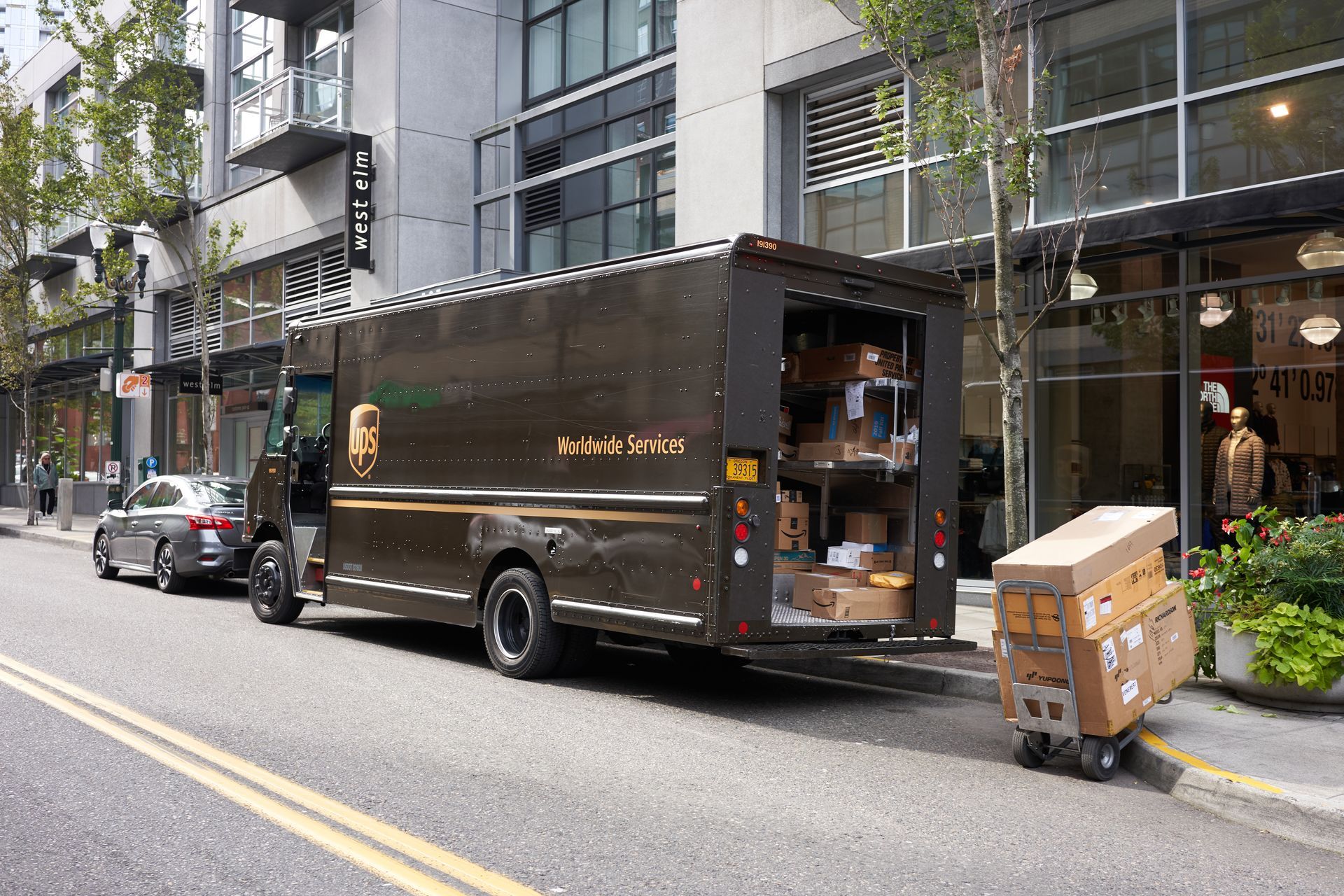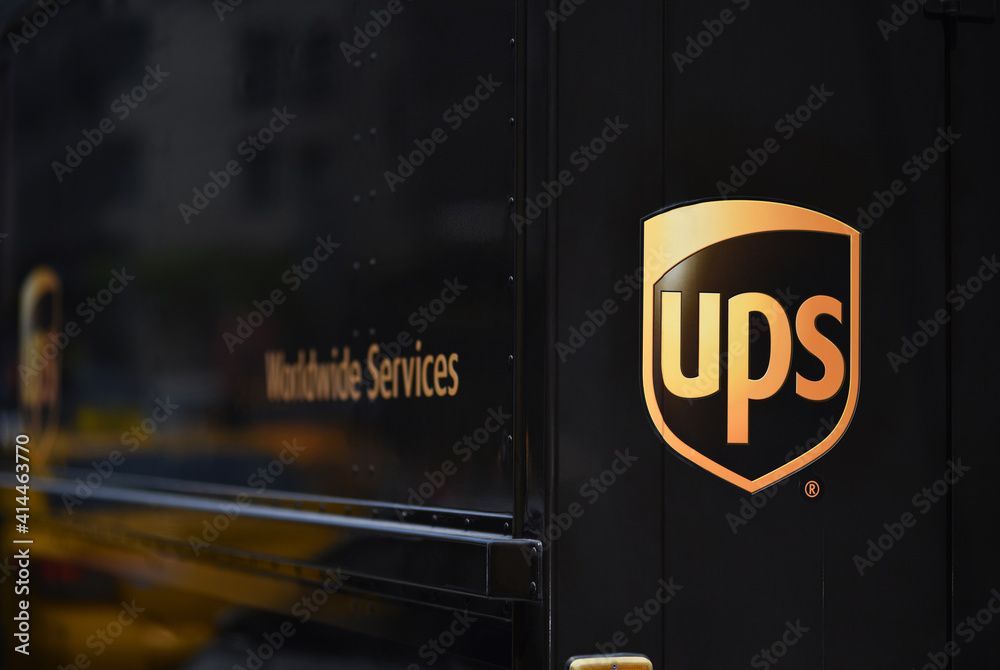2024 UPS & FedEx General Rate Increase
2024 General Rate Increase
By now if you ship with UPS or FedEx, you have seen the 2024 general rate increase (GRI) rear its ugly head. While both UPS and FedEx said the average increase is only 5.9%, down from 6.9% for 2023; if we peel back the onion this increase could be quite substantial for most shippers.
Both UPS and FedEx are penalizing shippers that use Next Day Air or Priority Overnight packages to short zones. A Zone 2 package for both carriers has an increase of at least 7.8% compared to 2023 prices. The further distance that the package travels, the increase comes down to around 6.4%. That it is still above the 5.9% GRI the carriers have stated in their press reports.
On the flip side 2nd Day Air packages are carrying a rate increase of around 5.4% up to a Zone 4 which is up to 600 miles from the point of origin. On Zones 5 and above, the increases go up to almost 7.9%.
UPS and FedEx respectively have the same similar increase for their 3 Day Service. Shorter Zones have a 4.4% increase while the longer the package travels, then the increase goes up to almost 7.9%.
What This Means to Me:
What this tells me is that both UPS and FedEx are challenging their shippers to think very carefully before choosing what level of service they want to use. 2nd Day Air Service is geared toward shippers that want to pay cheaper rates than overnight services, but also want their packages to arrive quicker than what the traditional ground delivery would take. So, if you are choosing 2nd Day Air or 3 Day Select Services with UPS or FedEx for shorter zones, you are being penalized with a higher rate increase. Those packages should be shipped ground instead.
Ground packages for both carriers are taking on closer to the 5.9% GRI that they said was the average increase for 2024. As the packages get heavier and travel a longer distance is when shippers should see the increases grow to well over 6%.
Exporting packages to the UK, Canada or Mexico with both carriers will take on increases up 11% this year using Express Services options. FedEx was more generous with their increases to China and Japan than UPS on Express Packages. The increases are not as substantial if you are choosing a slower service that will take longer to get to its destination.
FedEx had larger increases for Import packages than UPS on packages coming from China, Germany, Mexico or Japan. FedEx shippers can see increases up to 12% on those Imports compared to 2023 for their Express Service levels. UPS was a little more generous with their Import increases on Express Service Levels. However, UPS did raise those Import Package Increases from China (our countries top Import Country btw) close to 8%.
Watch Out For Accessorial Charges:
Accessorial charges are another way for the carriers to make large profits off your packages. What are accessorial charges? Here are some of the common accessorial charges you see on your invoices. Residential, Delivery Area Surcharge, Additional Handling, and Address Correction. A lot goes into the accessorial charges. Such as Delivery Area Surcharges. There are different fees if it is shipped ground or air as well if it is shipped to a Commercial or residential address. Accessorial fee are increasing anywhere from 1% to up to 18.5% and everywhere in between. Accessorial charges are very tricky and that is just how the carriers want it.
What This Means For You:
If you are novice or just do not break down the UPS and FedEx rate increase and what it will mean for your company year over year, then you will find out quick enough when the carrier says an average rate increase of 5.9% that may not mean the same to you as it does the business next door. There are a lot of games the carriers play each year with their increases. They have all the analytics on their side to know what service level, weight breaks, and zones to increase the rates the most to make the best profit for their organization. Which is smart on their end. It is what every company wishes to do.
UPS and FedEx have always made it very difficult to figure out how their annual general rate increase will impact a business. They do not have the same playbook year over year. They are like a great offensive coordinator in the NFL. They are constantly switching things up to make it harder on the defense. In this case the defense is you the business that is shipping, and paying once again a lot more money to ship a package in 2024.
Reach out to us if you are interested in finding out more ways you can save on shipping.
Ready to work with Mindful Logtistics?
Let's connect! We’re here to help.
Send us a message and we’ll be in touch.
Or give us a call today at (919) 368-6169
Agency Contact Form
More Info on Shipping and Saving




